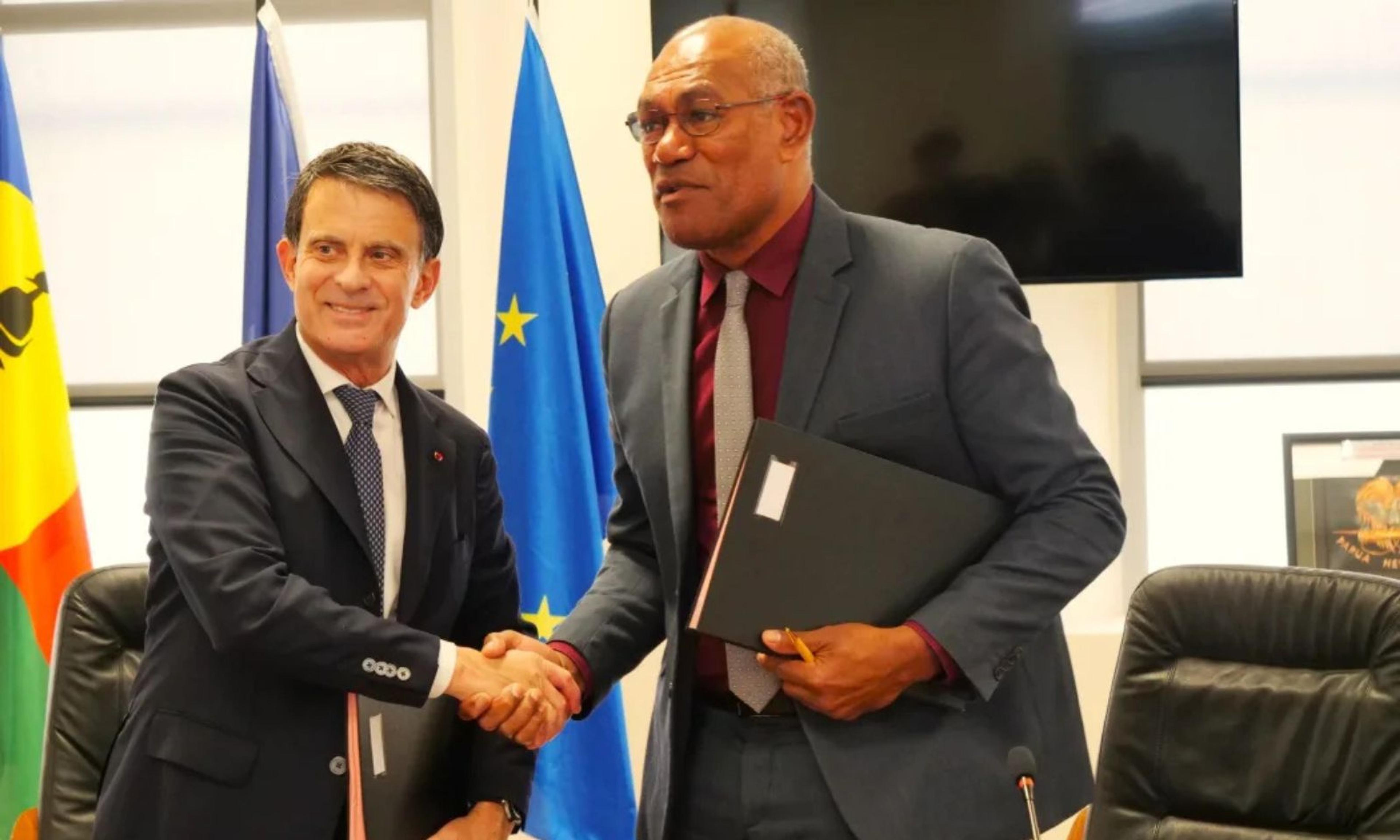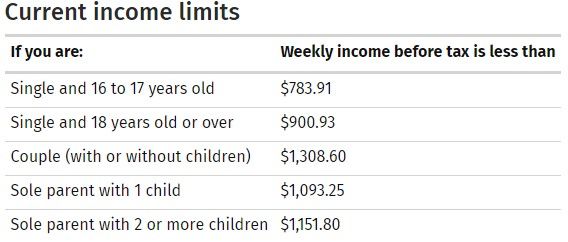

Forty-five percent of Kiwi adults are avoiding the dentist due to cost.
Lafayett Zapata Montero via Unsplash
Almost half of NZ avoiding dentist due to cost
The latest report from the Dental Association is nothing to smile about.



Māngere family says ‘yes for now’ to home buyout after two-year wait for answers

New Caledonia's quest for full independence persists amid new deal with France - expert

Balance and focus drive Manu Sāmoa ahead of Scotland showdown


Auckland principal urges preservation of Vagahau Niue amid teacher shortage

Māngere family says ‘yes for now’ to home buyout after two-year wait for answers

New Caledonia's quest for full independence persists amid new deal with France - expert

Balance and focus drive Manu Sāmoa ahead of Scotland showdown
There are concerns almost half of New Zealanders are avoiding the dentist due to cost barriers.
New figures from the Dental Association show the price of a typical dental appointment has increased $98 since 2020. The association’s chief executive Mo Amso says this issue has been worsening for years.
“Much like everything else, house prices, electricity prices, bread and butter from the supermarket has consistently gone up over time, and we’ve unfortunately seen dental prices increase.”
Figures from the Ministry of Health show 45 per cent of New Zealanders avoid the dentist because of cost, for Pacific peoples, it is more than half. Speaking to Levi Matautia-Morgan on 531pi's Pacific Mornings, Amso says bold action is needed.
“Nothing short of a government subsidy for people who need it most is going to make this fifty percent of Kiwis better able to access dental care.”
For Pacific communities, Amso says there’s another layer of financial and economic constraints.
“There are wonderful clinics across the country who are doing innovative models of care, trying to address that, but we also look at wraparound support.
“A lot of communities within the Pasifika sector really struggle with language and crossing that barrier, and so one of the things I've seen done really well is wraparound services when it comes to translation and social services that accompany patients and aiga as they go to their dental clinic.”
What support is available?
Work and Income offers payments of up to $1,000 a year for “immediate and essential” dental treatment, and a person doesn’t need to be on a benefit to apply.
However, in April, the single person rate to get this subsidy will be just $25 below the weekly minimum wage. Amso says more needs to be done for the “working poor” who are missing out.
“These are people who are earning above the threshold to qualify for a benefit, but sometimes they're earning a hundred or two hundred dollars a week just above the threshold, so it's not a lot of money and these are the people that need targeted funding or subsidies to help them better access dental care.”

Income limits for Work and Income dental treatment. Photo/WINZ
A long term struggle
Amso says New Zealand was the first country to roll out free dental care for children, but that vision hasn’t kept up with the times.
“Once they get into high school and they start being seen in private clinics from contracting dentists, there's not enough funding to attract clinics to become participants in this funding.
“It's a very poorly funded, ancient model that's not fit for purpose, and it's not appealing for a lot of clinicians to be a part of. So unfortunately, there's less and less clinics that are becoming a part of that funding model, and that's something, again, we've called on government to do something about urgently.”
Amso urges people not to delay treatment, saying many clinics include options for part payment, or a plan which prioritises the most urgent work.
“Don't shy off going to the dentist because of money. There are solutions out there.”
Watch the full interview on Pacific Mornings: